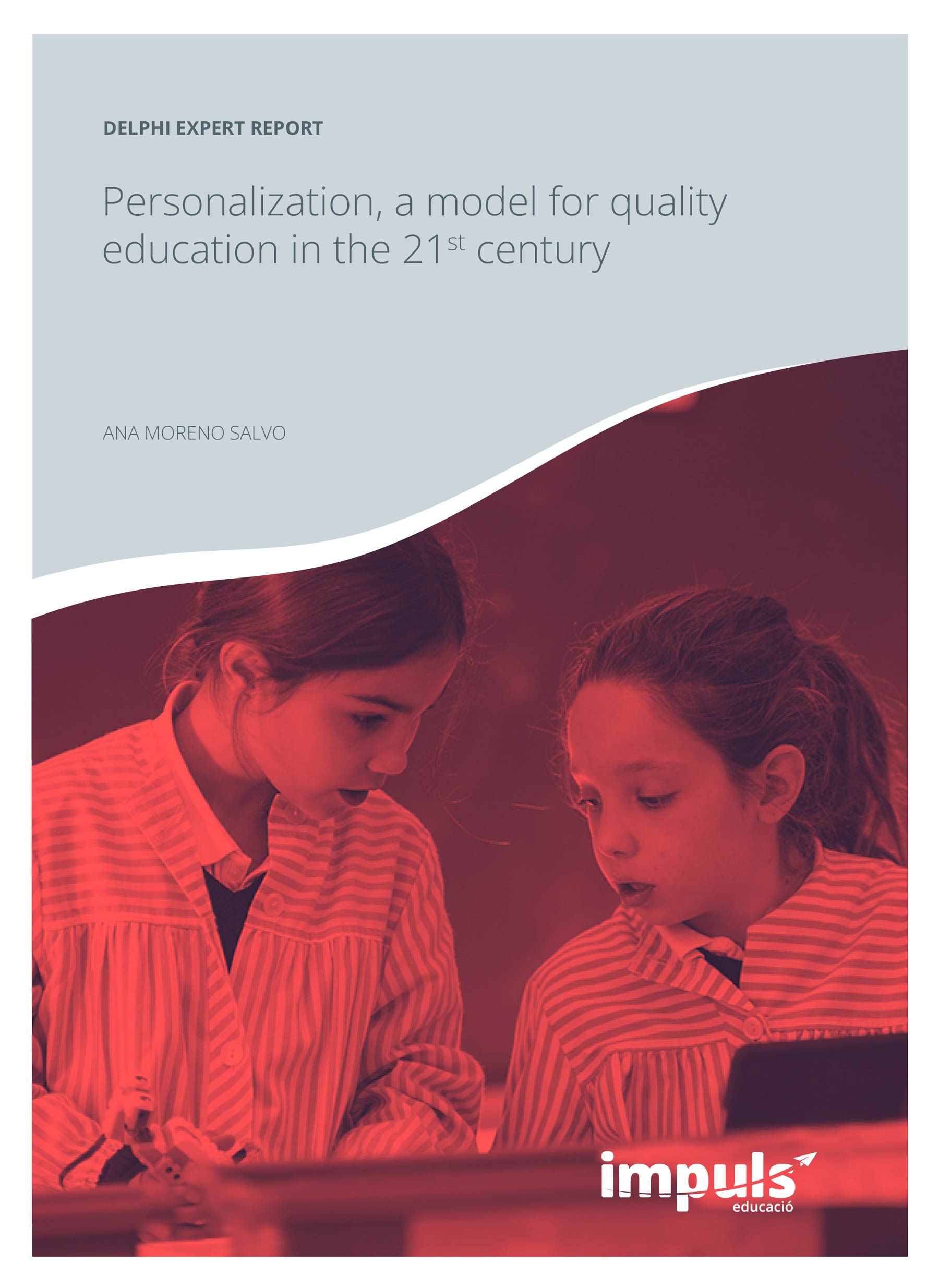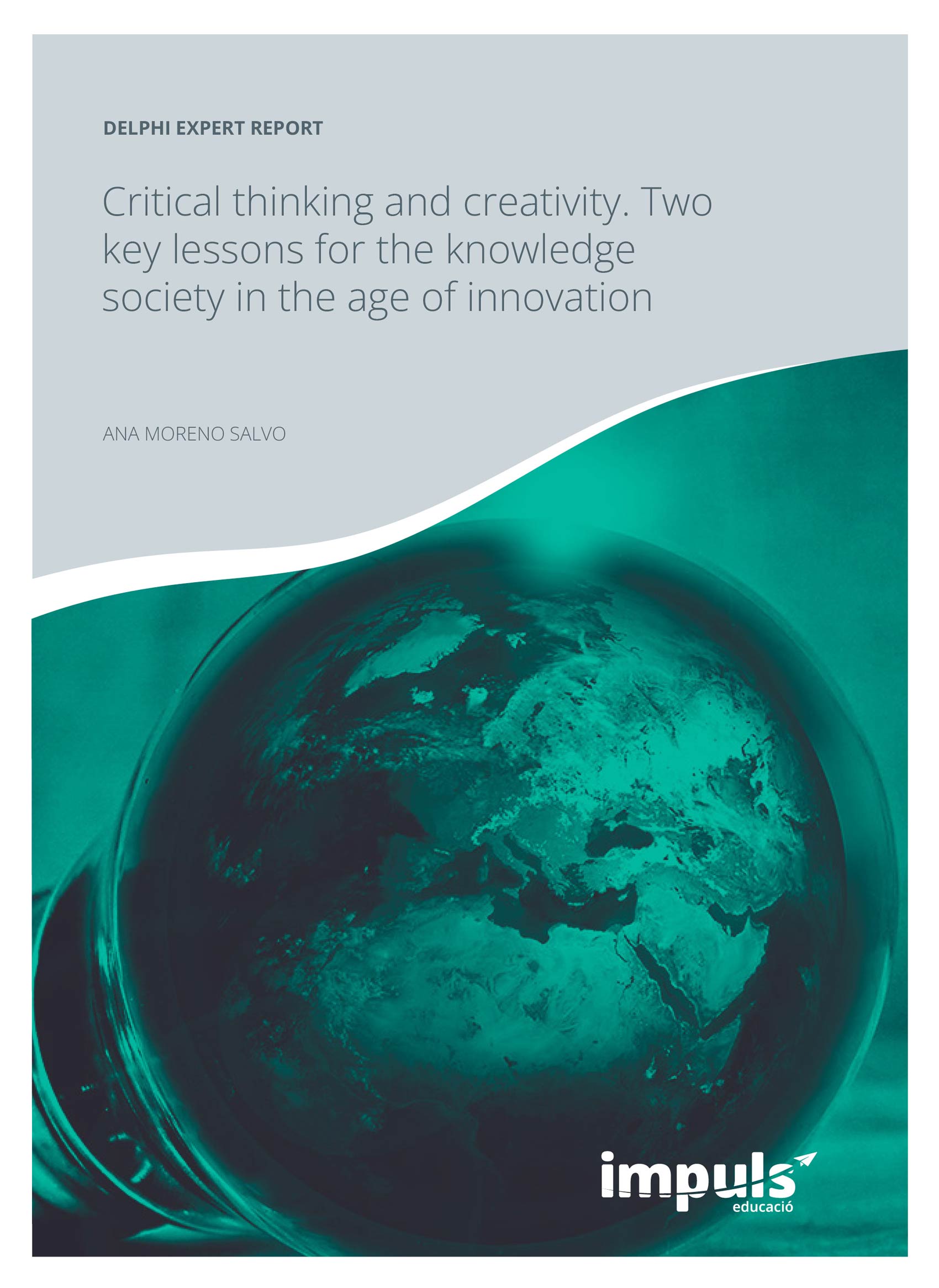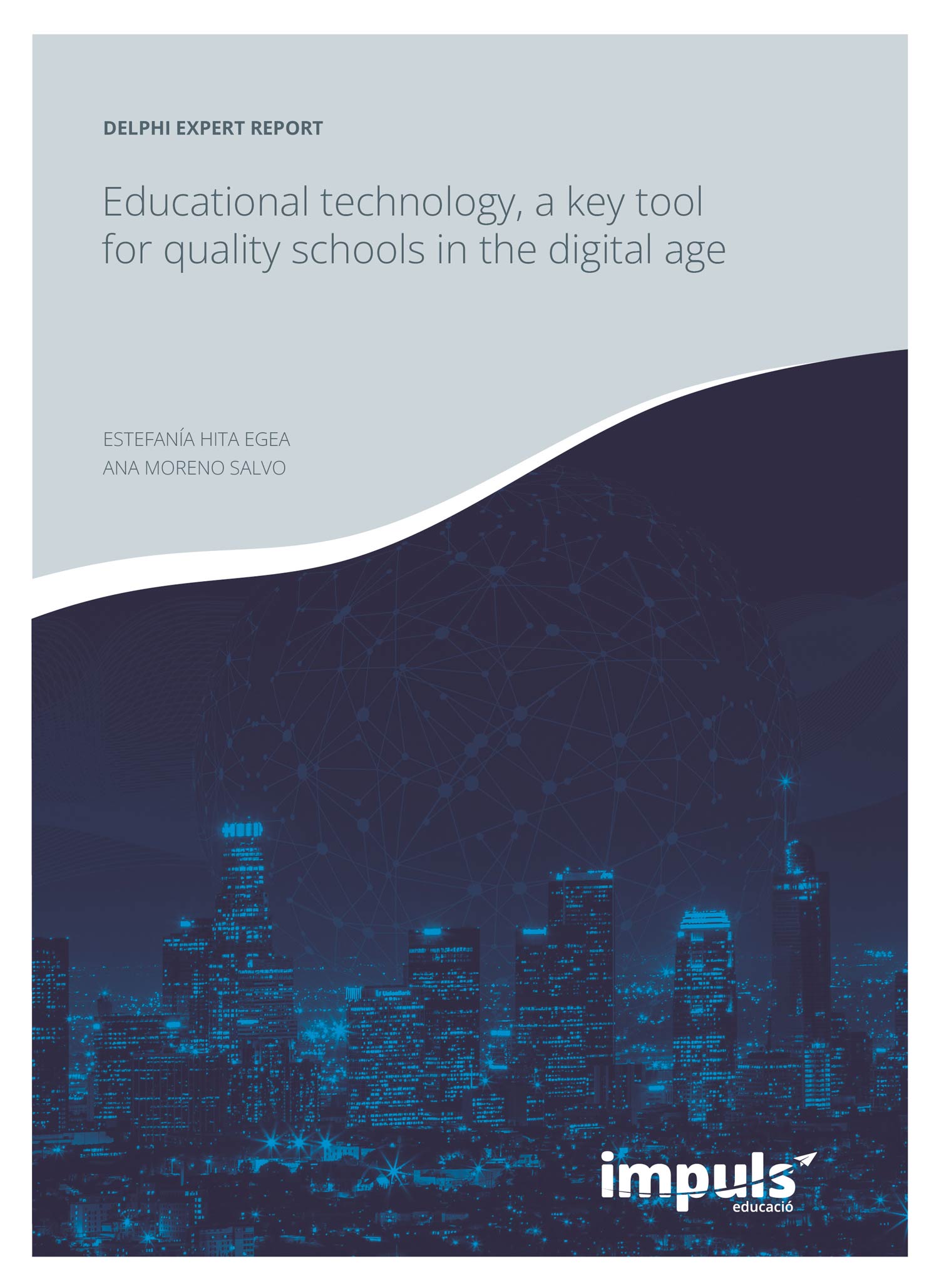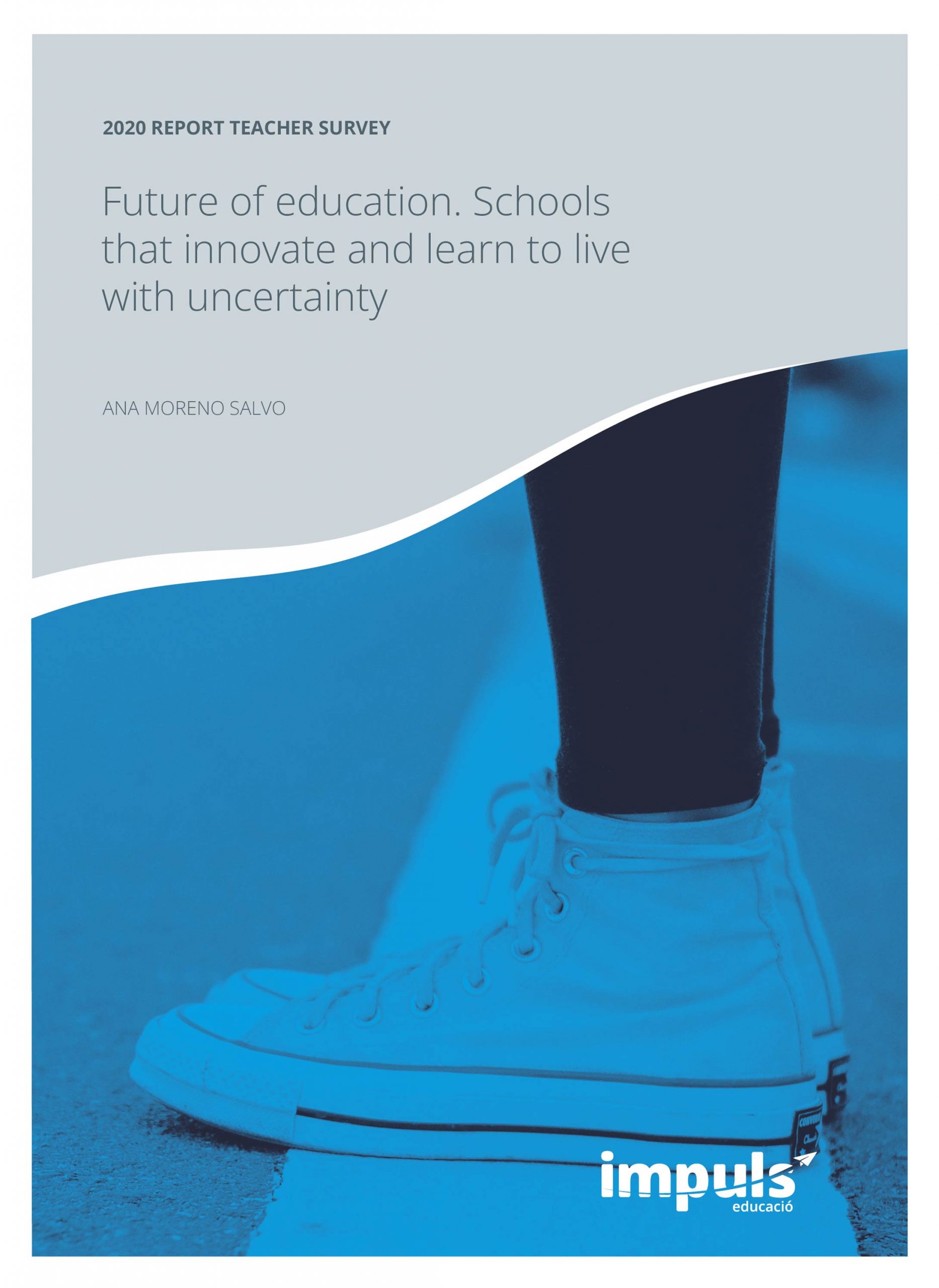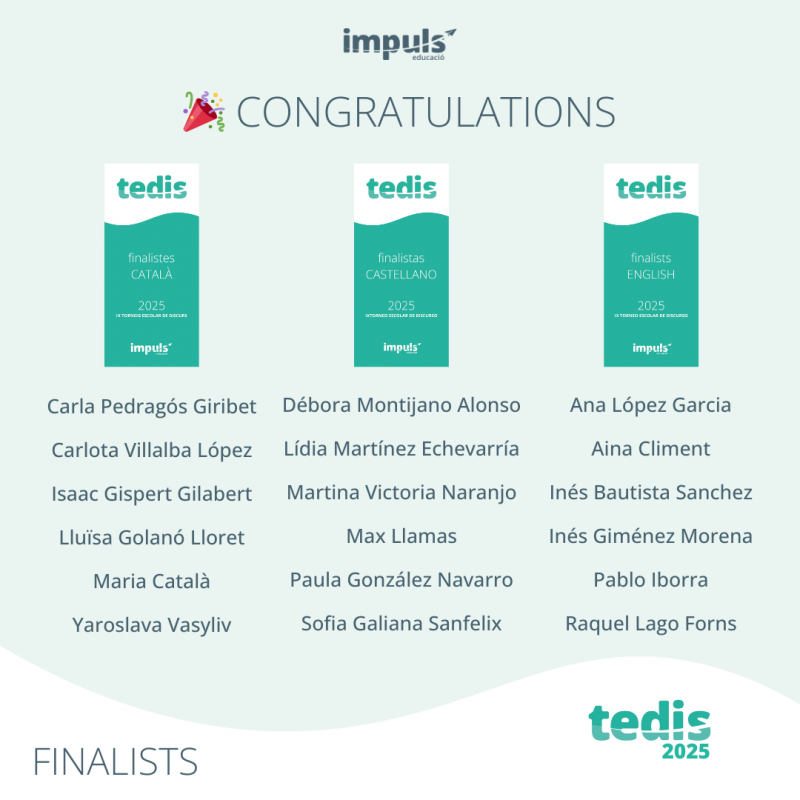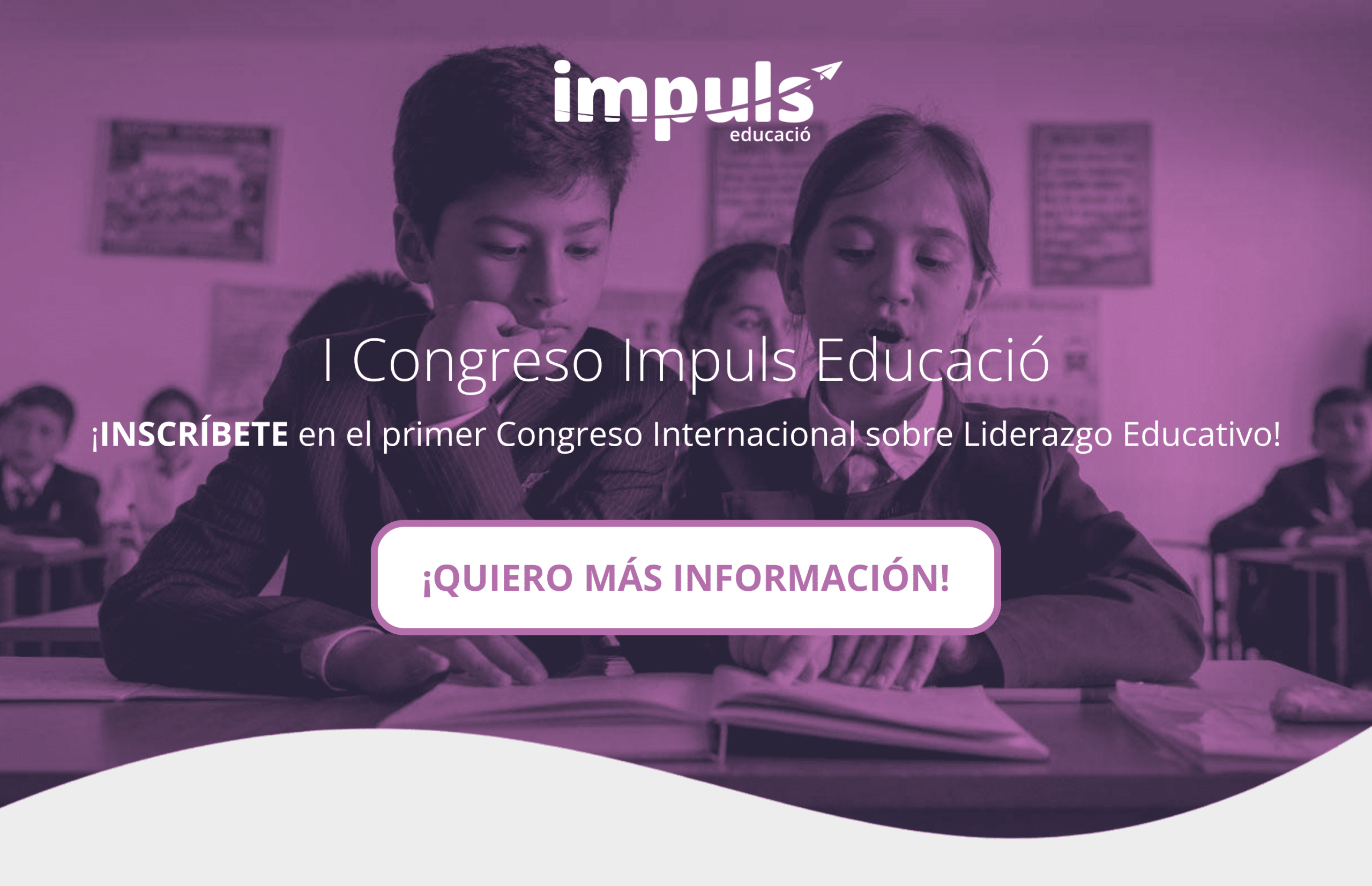Conclusions of the report
At the beginning of the study, the objective was to build a common framework of consensus on what was understood by personalisation of education. Now, thanks to the generous collaboration of the group of participating experts, and the work done, they can render accounts.
Personalised education is an educational model oriented to educate singular, autonomous, open, responsible, supportive, and resilient people capable of self-improvement and perseverance for themselves. Its purpose is to educate whole people committed to personal and social improvement.
The basic principles to consider evaluating or implement a personalised model are as follows:
- The school should be a promoter of initiative and personal autonomy.
- The organisation should ensure that teachers, students, and families have a voice in decision making and assume responsibilities.
- The curriculum is flexible, diversified and a vehicle of challenge and transformation of people, not so much objective.
- There is a diversity of methodologies and strategies oriented towards the construction and integration of knowledge.
- The assessment is integrated to the learning that assesses the progress and effort of the student more than the result.
- The teaching staff encourages reflection on learning and connects and integrates it into real life and the understanding of the world.
- It has personal guidance.
- Collaboration between school-family. The family actively participates in the training and decision making of their children in collaboration with the teachers.
- It allows to develop the tasks of accompaniment of each student both in their school and learning trajectories, and in turn they can be a great support to the teacher.
From here a whole panorama of possibilities opens. From moving forward to create a consensus framework that makes the implementation of the model more effective. Develop a tool to assess the degree of personalisation of a strategy, school, environment, educational model, curriculum, or even education system. And you could also create a “manual” of guidelines for the design of strategies, methodologies, or even complete models based on a personalised vision of education.
All this would allow, in turn, to begin evaluating the effectiveness of personalisation as a model of quality education for the 21st century with what would be provided with evidence for its consolidation and improvement, encouraging many educational systems to incorporate it contributing to the improvement in the quality of life of the next generations.
Experts involved
- Paulina Bánfalvi Kam (La rebelión del talento)
- Barbara Bray (Rethinking Learning)
- Richard Gerver (SLA)
- Kathleen McClaskey (Make Learning Personal)
- John Moravec (Education Futures)
- Coral Regí Rodríguez (Educació Demà)
- Antonio Bernal Guerrero (US)
- José Bernardo Carrasco (UCM)
- César Coll Salvador (UB)
- Neus Sanmartí i Puig (UAB)
- Arturo Galán González (UNED)
- Juan Ignacio Pozo Municio (UAM)
- Francesc Torralba Roselló (UB)
- Javier Tourón Figueroa (Blog)
Published reports

